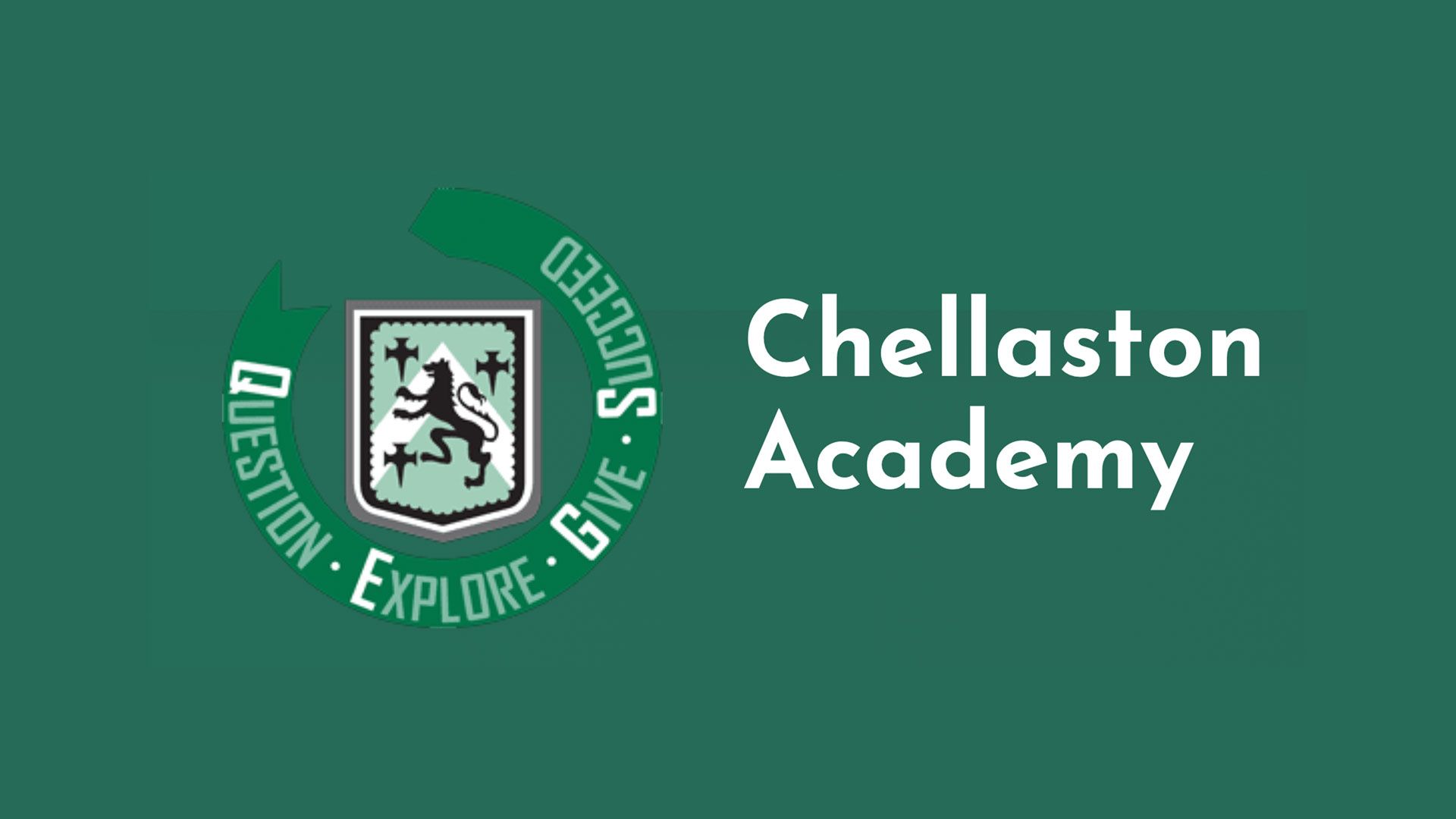Who cares? How emotional connection makes a difference to learning in the classroom

I recently found myself on the other side of the INSET coin - organising some inclusivity training for secondary students that didn’t involve me doing it! From the immediate options available, I was sceptical. Everything seemed so generic, and I was trying to solve a very specific problem – opening communication channels and facilitating discussion.
After several meetings of trying to guess how students might respond to various stimuli, I decided to go a bit rogue … and ask them. I knew I needed bespoke, but how could we create that without understanding the spectrum of thought? So, the chats commenced.
After thirty-two perspectives were gathered, not only did I feel more connected to the students, but I was able to hand over a very specific and well-evidenced brief to a guest speaker. Cut to the finish line, and I’m thrilled to say it was wonderful. Not only did the students dive right in because they had already started the conversation before the training, but they felt listened to in that it really was catered to them – they had started to care.
I was thrilled to see active participation, thoughtful discussion and a shared conclusion that was only the start of the work. Now, of course, this is not a blog about choosing a training provider … but rather about the palpable difference that caring makes to learning in the classroom.
Emotional connection for learning
If you’ve read my blogs before or heard me speak, you’ll know I talk a lot about the difference an emotional connection to learning can make. When we experience a positive (or negative) emotion as we learn, our brains store it not only as facts and figures but in the emotional part of the brain, too. Therefore, we pick things up faster, quicker, and better if we experience positivity/fun/passion at the same time as we learn.
Encouraging students to care about their learning can push this even further because it comes with an inherent motivation, perhaps even a want to change things for the better. If I care about climate change, I might be motivated not only to learn about it but also to do something positive that might make a small bit of difference.
If I care about things that happened in history, I will remember those facts with an emotional connection and perhaps be inspired to have a conversation to understand why it happened or educate others. This energy for learning about ‘things that matter’ often results in pupils becoming self-led in these topics and making it a part of their lifelong learning. Furthermore, ‘caring’ aids social and emotional intelligence.
Heartfelt learning for independence
If you focus on heartfelt learning, you’re helping to foster independent learning and study. Students feel more engaged and connected with the subject matter if they are working to feel part of a solution or conversation. So here are my top five tips for encouraging care:
- Explore topics for which there is no right answer. Allow students to have their own creative and original response, therefore putting the students in charge.
- Deliver a stimulus before encouraging students to take up their own further inquiry.
- Use options such as voting to encourage participants to form their own opinions.
- However! Invite students to see both sides of an argument – is it appropriate to spend some time arguing for the side they don’t believe in?
- Allow time for reflection and then pose a ‘what next’ scenario. Ask student how they can take their new passion forward into their lives.
And a bonus sixth – make it energetic. Passion is very rarely quiet and contained!
If you’d like some support with getting children emotionally connected to their learning, why not take a look at our Laughter Matters workshop or, alternatively, contact Doug at HCS HQ, who can help put together a more bespoke session -
Victoria Maitland has a background in performing arts and brings a wealth of experience working with children and young people in education and community organisations. She’s written and delivered sessions on literacy, STEM, history, and politics with some of the country’s leading education workshop providers. She can also touch her elbow with her tongue.
More














